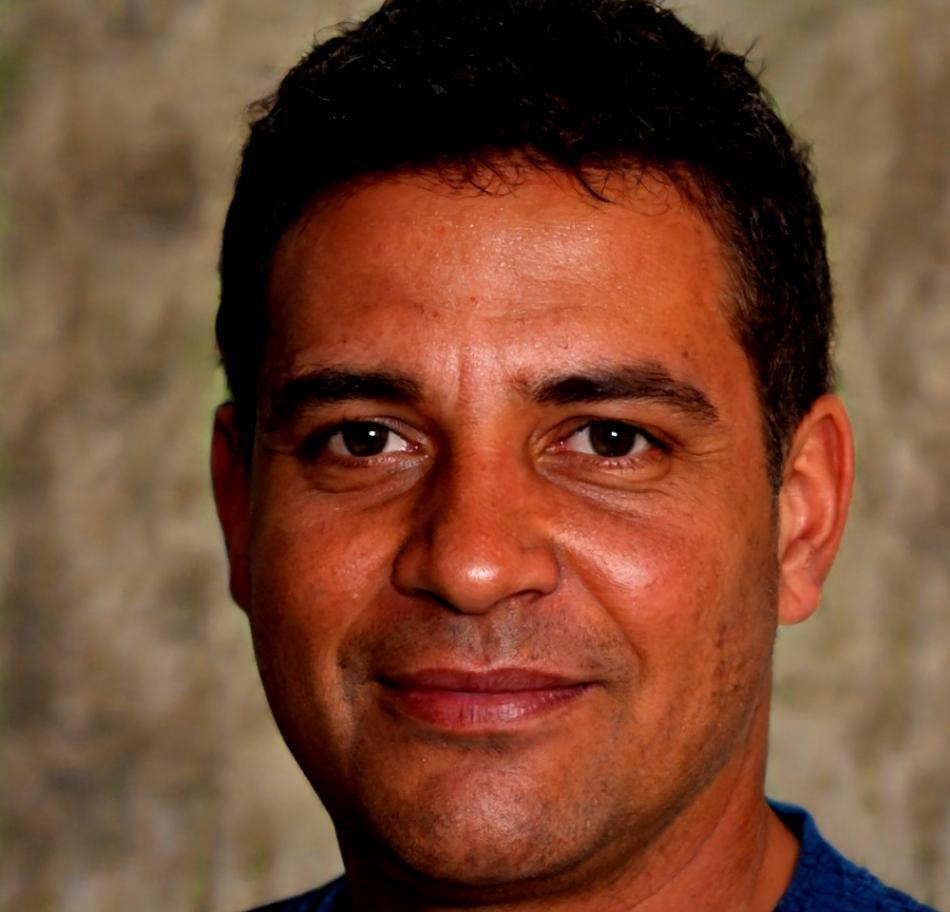Program Overview
The game development landscape has changed dramatically over the past few years. What used to require massive teams and million-dollar budgets can now be accomplished by skilled developers who understand both the technical and design aspects of modern gaming. Our program bridges that gap — teaching you to think like a game designer while coding like a software engineer.
You'll spend 16 weeks building actual games, not just following tutorials. By the end, you'll have created three complete projects: a puzzle game with progressive difficulty, a multiplayer card game with real-time features, and a social casino slot machine with bonus rounds. Each project gets more complex, and more importantly, more fun to build.

Students working on their capstone projects during week 14 of the program
What You'll Actually Build
Project 1: Cascade Puzzle Engine
Your first major project involves creating a match-three puzzle game with cascading mechanics. Sounds simple? Try implementing smooth animations, particle effects, and a scoring system that keeps players engaged for hours. You'll work with HTML5 Canvas, learn about game loops, and discover why 60fps isn't just a nice-to-have feature.
Week 6 Milestone
Core game mechanics functional with basic UI
Week 8 Completion
Polished game with animations, sound, and progression system
Project 2: Real-Time Card Battle
This is where things get interesting. You'll build a multiplayer card game that handles real-time interactions between players. WebSocket connections, game state synchronization, and turn-based logic that doesn't break when someone's internet connection hiccups. It's the kind of project that makes you appreciate good network programming.
Project 3: Social Casino Experience
Your capstone project combines everything: a fully-featured slot machine with bonus games, progressive jackpots, and social features. You'll implement random number generation (properly), design engaging bonus rounds, and create the kind of user experience that keeps players coming back. Plus, you'll learn about responsible gaming features — an increasingly important aspect of modern game development.
Technology Stack
We focus on technologies that are actually used in professional game development studios. No outdated frameworks or theoretical exercises — just the tools that companies are hiring for right now.
Weekly Curriculum Breakdown
-
Weeks 1-2
JavaScript Fundamentals for Games
Object-oriented programming concepts, event handling, and DOM manipulation. We'll also cover ES6+ features that make game development more elegant — destructuring, arrow functions, and async/await patterns.
-
Weeks 3-4
Canvas Graphics & Animation Systems
HTML5 Canvas from basic shapes to complex animations. You'll build your first interactive graphics, learn about requestAnimationFrame, and understand why smooth animations require more than just changing coordinates.
-
Weeks 5-8
Game Logic & State Management
Building your first complete game while learning about game loops, collision detection, and managing complex game states. This is where your puzzle game comes together — and where you realize game development is 20% coding, 80% debugging physics.
-
Weeks 9-12
Multiplayer Architecture & Real-Time Systems
WebSocket implementation, server-side game logic, and handling multiple concurrent players. Your card game project starts here — prepare for late nights figuring out why player two can see player one's cards.
-
Weeks 13-16
Advanced Features & Casino Game Mechanics
Progressive systems, bonus mechanics, and the psychology of game design. Your final project incorporates everything while adding features like achievements, daily bonuses, and the kind of polish that distinguishes professional games from hobby projects.
Meet Your Instructors

Tobias Brennan
Lead Game Development Instructor
Spent eight years at Ubisoft Montreal working on mobile game projects before transitioning to education. Tobias has shipped twelve games that collectively have over 50 million downloads. He's the guy who'll show you why your collision detection isn't working at 2am — and actually make it interesting.

Priya Castellanos
UI/UX Design Specialist
Former design lead at King Digital Entertainment, where she worked on interfaces for Candy Crush and several unannounced projects. Priya brings a player-first perspective to every design decision and can explain why button placement affects player retention more than you'd think.

Elena Hofmann
Backend Systems Engineer
Previously at Electronic Arts, Elena specialized in multiplayer game infrastructure and player data systems. She's seen every possible way a database can fail during peak player load and knows how to prevent most of them. Her debugging sessions are legendary among former students.